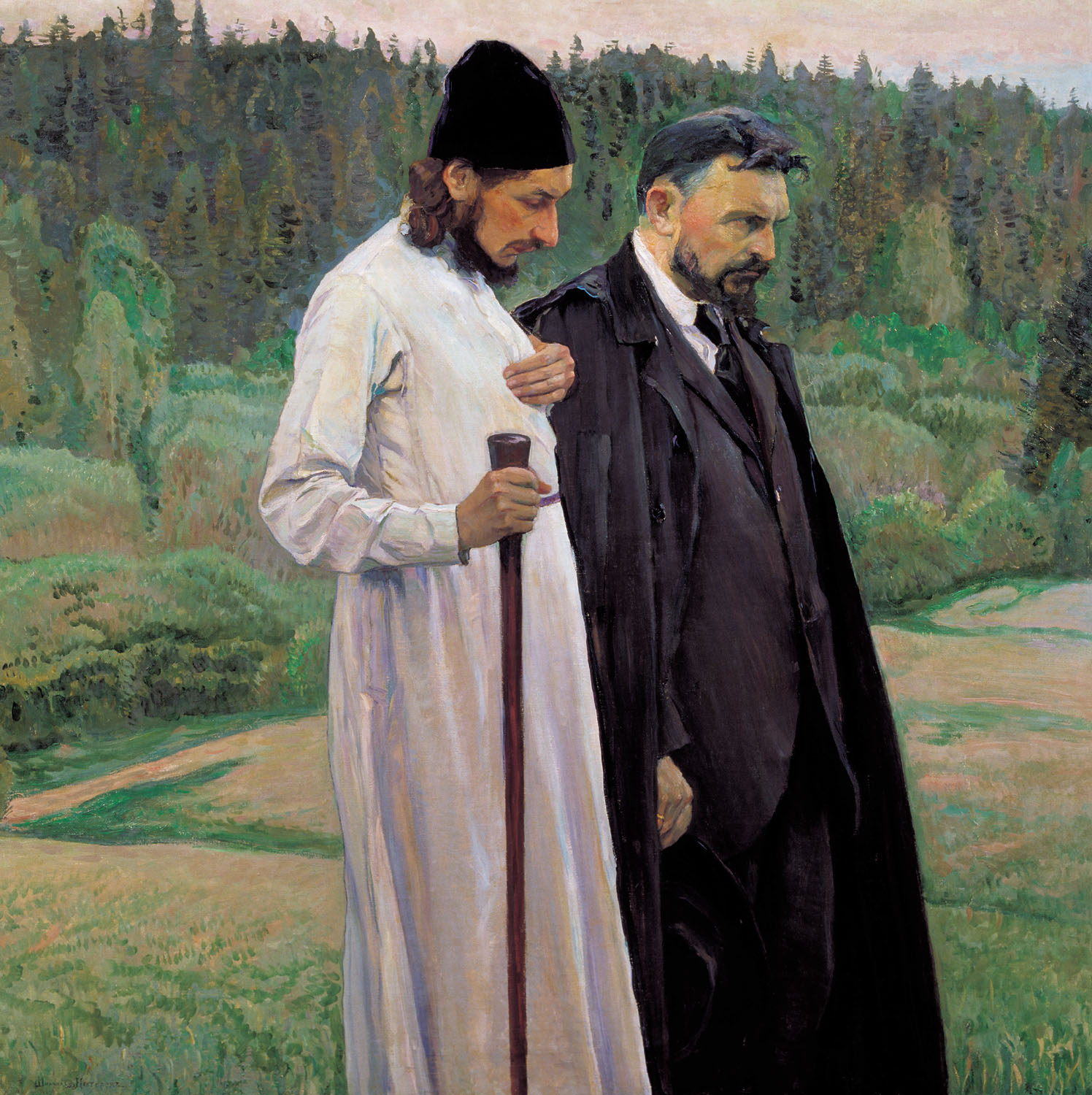Today at Red River Orthodox, I offer a brief introduction to the liberal tradition for Orthodox Christians living in the West:
Liberalism, historically, is a broad intellectual tradition including a large and disparate group of thinkers. The epistemological differences between John Locke, David Hume, and Immanuel Kant do not stop them all from being liberals. In economics the range extends from Friedrich Hayek to John Maynard Keynes. In political philosophy, from John Rawls to Robert Nozick. For that matter, both the American and French Revolutions have liberal foundations, though often (and rightly) contrasted.
I conclude by encouraging a more nuanced engagement with the West than is sometimes the case in the East:
[F]or a responsible, “liberal engagement” with the West from an Orthodox Christian perspective, it will not do to dismiss anything we don’t like as Western and liberal and, therefore, wrong. As Solzhenitsyn put [it], “the line dividing good and evil cuts through the heart of every human being.” And if that is true, then both East and West, including Western liberalism, have plenty of good and evil to go around.
How might Orthodox Christians better evaluate one of the many liberalisms that make up the water in which we swim in the West today?
To give an example, I would positively recommend to my fellow Orthodox Christians the German ordoliberal school of economic thought for the following reasons:
-

Sergei Bulgakov (right) walks in the country with Pavel Florensky (left), who was later martyred by the Soviets. Fr. Sergei Bulgakov (himself once a Marxist economist) warned that due to methodological materialism, “In practice, economists are Marxists, even if they hate Marxism.” Yet, the ordoliberals do not run afoul of this critique. They stressed the importance of religion and religious values, Christianity in particular, for a humane society. As one ordoliberal, Wilhelm Röpke, put it in his book A Humane Economy, “My picture of man is fashioned by the spiritual heritage of classical and Christian tradition. I see in man the likeness of God; I am profoundly convinced that it is an appalling sin to reduce man to a means (even in the name of high sounding phrases) and that each man’s soul is something unique, irreplaceable, priceless, in comparison with which all other things are as naught. I am attached to a humanism which is rooted in these convictions and which regards man as the child and image of God, but not as God himself, to be idolized as he is by the hubris of a false and atheist humanism.” His conviction was not unique among the ordoliberals either.
- Many may worry whether these ordoliberals, nevertheless, recommended an “untethered capitalism” that idolizes the market and leads to the concentration of economic power in a few, giant companies, killing free competition and opportunity. As the 19th-century, Russian Orthodox philosopher Vladimir Solovyov once wrote, “Free play of chemical processes can take place only in a corpse; in a living body these processes are connected and determined by organic purposes. Similarly, free play of economic factors and laws is possible only in a community that is dead and is decomposing, while in a living community that has a future, economic elements are correlated with and determined by moral ends. To proclaim laissez faire, laissez passer is to say to society ‘die and decompose.'” Once again, the ordoliberals are sensitive to this. As Walter Eucken, one of the founders of the school of thought, wrote in his book This Unsuccessful Age, “The solution [to the problem of economic power] is not a policy of laissez-faire which permits misuses of freedom of contract to destroy freedom: nor is it a system of monopoly control which permits the formation of monopolies while merely seeking to check abuses. Over and above this … the problem of economic power cannot be solved by further concentrations of power, whether in the form of a corporative system … or of centralized economic control, or of nationalization. Power remains power whoever may exercise it….”
- Last, unlike some of the economic policy recommendations of both Bulgakov and Solovyov, ordoliberalism has history on its side. While Bulgakov and Solovyov did not see the dangers of nationalization and price fixing, Eucken, for example, goes on to note, “… and it is in public rather than private hands that power reaches its zenith.” By contrast, the ordoliberals are credited with playing a major role in the “German economic miracle” after World War II. The country’s economy had been devastated by war on the one hand and inefficient central planning on the other. Yet within a decade West Germany emerged as one of the leading economies of Europe, the result of societal development that was far more than purely material and economic.
This does not, of course, make the ordoliberals perfectly compatible with Orthodoxy or flawless in all economic matters. The Christianity they were familiar with was German and generally Protestant. No doubt some fundamental differences of doctrine and practice shaped their conceptions. In addition, Röpke in particular seems a bit over-concerned with overpopulation, which is a debated issue among economists today.
I would further add that, of course, Orthodox Christians can still learn from economists who did not see as clearly (or at all) the vital role of faith in society. Nevertheless, for Orthodox Christians who want not only a better understanding of our Western context but also a fruitful way to engage with economics from a Christian point of view, for my money the ordoliberals are a great place, among others, to look for inspiration.
Read my contribution to Red River Orthodox, “Western Liberalism: The Water in Which We Swim” here.
Also, for those interested in further reading on ordoliberal economics, a free pdf of Röpke’s A Humane Economy is available here.